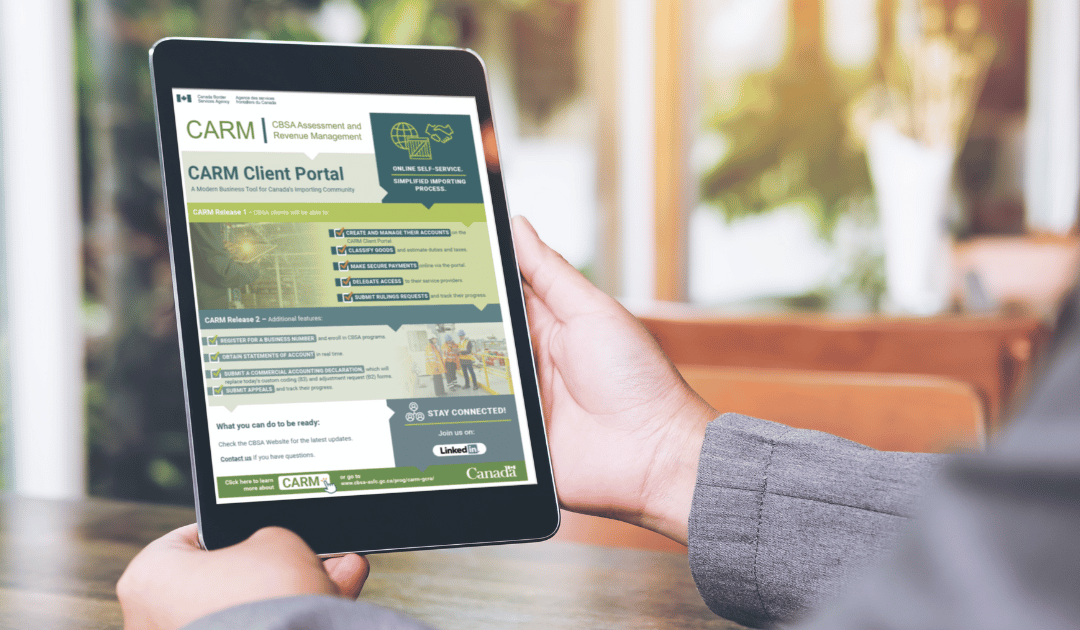What’s Changing July 1, 2021 for EU VAT
Effective July 1, 2021, the European Union is changing how the consumption tax that applies to all goods and services, also known as the value-added tax (VAT), is applied to lower-value shipments. If you are a DTC brand selling goods in the EU and/or importing goods equal to or less than €150 in total order value, you will need to prepare for the major changes. We’ve already broken down the basics of EU VAT compliance, but here’s a quick look at what’s changing for EU VAT starting July 1, 2021, and what that means for your business.
2021 EU VAT Changes
So what are the EU VAT changes coming into effect July 1, 2021?
- The low-value “VAT de minimis” is going away
- Meaning, ALL shipments will incur VAT. Previously, shipments under €22 used to be exempt.
- The distance selling threshold is going away
- Meaning, ALL companies wishing to ship on DDP terms will have to register for a VAT ID in each country where they sell, or register for one Import One Stop Shop (IOSS) in one EU member state. VAT will also be charged at the rate of the final destination country, which was previously charged at the rate of the country of import.
- For consignments under €150, Centralized Clearance will only be allowed for shipments cleared under IOSS
- Meaning, non-IOSS shipments must travel under a special “transit procedure” to the final destination country to clear customs, adding cost and delays to shipment.
- The reduced VAT rate will only be allowed for goods cleared under IOSS
- Meaning, some goods (e.g. food, healthcare, personal care, and medical products) that were previously eligible for reduced VAT rate, will no longer qualify unless cleared under IOSS.
How will EU VAT be collected after July 1, 2021?
For US sellers with no legal entity in the EU, there will be three potential options to account for VAT on orders under €150 that are not sold through a marketplace:
- Standard Customs Procedure
- Special Arrangement
- Import One Stop Shop (IOSS)
How you account for VAT will depend on whether you:
- Charge VAT when the order is placed (Delivered Duties Paid), or
- Whether you put the VAT burden back on the customer (Delivered Duties Unpaid)
- For DDU orders, the only potential options are Standard Customs Procedure and Special Arrangement
For more information about the potential options to account for VAT, be sure to read our EU VAT Compliance 2021: The Basics blog post.
EU VAT Compliance Checklist
In order to prepare for the major changes that will take place effective July 1, 2021, keep the following next steps in mind:
- Consult VAT advisers to understand and determine which VAT rules are applicable to your goods
- Determine which of the three potential options to account for VAT your brand prefers
- If your brand decides to utilize the Import One Stop Shop (IOSS), you will need to register
- If your brand decides not to utilize the IOSS, check for additional registrations required for your goods sold in the EU
We know there are countless decisions required to navigate the EU VAT changes, but our team at Passport is here to help! Whether you’re looking for additional information or looking to offload regulatory concerns with “Seller of Record” for your shipments, we are VAT-registered in France and approved to collect, remit, and file VAT returns on your behalf. You don’t need to ship with Passport to take advantage of this service, so feel free to contact our team to set up an exploratory call, ask any questions you may have, and learn more. We’re here to equip you with all the information, tools, and resources to ensure you’re able to keep reaching your incredible EU customers!




